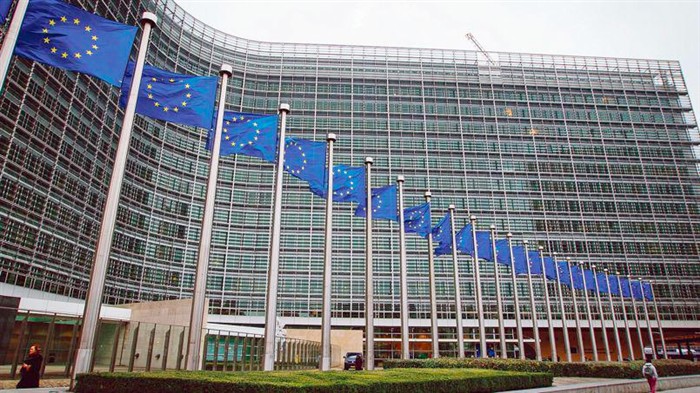Chinese state media indicated the government wants the EU to cancel its planned import taxes on electric vehicles (EVs) by 4 July, after the sides agreed to negotiations.
The best outcome of the talks would be for the EU to scrap its planned tariffs before 4 July, when provisional tariffs are due to come into effect, the state-controlled Global Times reported, citing observers.
The EU is planning to institute provisional EV tariffs of up to 38.1 percent on Chinese imports while it completes its investigation into allegedly excessive and unfair subsidies.
Definitive duties, typically for five years, could be imposed on 2 November when the probe concludes.

Talks
Officials from both regions spoke on a call on Saturday and agreed to further talks, the first time they have agreed to set up negotiations since the EU proposed the tariffs.
China denies unfairly subsidising its EV industry and accuses the EU of protectionism and breaching international trade rules.
The EU said in a statement that the call between trade commissioner Valdis Dombrovskis and Wang Wentao, head of China’s Commerce Ministry, was “candid and constructive” and that the two sides would “continue to engage at all levels in the coming weeks”.
The statement added that “any negotiated outcome” of the talks must address China’s “injurious subsidisation” of EVs.
Wang also met on Saturday with German vice-chancellor Robert Halbeck in Shanghai.
China’s Ministry of Commerce said in a Facebook post about the meeting that the ministry told Halbeck about its “firm opposition” to the tariffs and that it could file a lawsuit with the World Trade Organisation “to firmly defend its legitimate rights and interests”.
Trade tensions
German officials have criticised the proposed tariffs since they were introduced last week following the Commission’s investigation of Chinese EV imports.
“The European Commission’s punitive tariffs hit German companies and their top products,” wrote Germany’s transport minister Volker Wissing on X at the time.
Stellantis said it does not support actions that “contribute to the world fragmentation” of trade.
The US in May raised its tariffs on Chinese EV imports from 25 percent to 100 percent.





